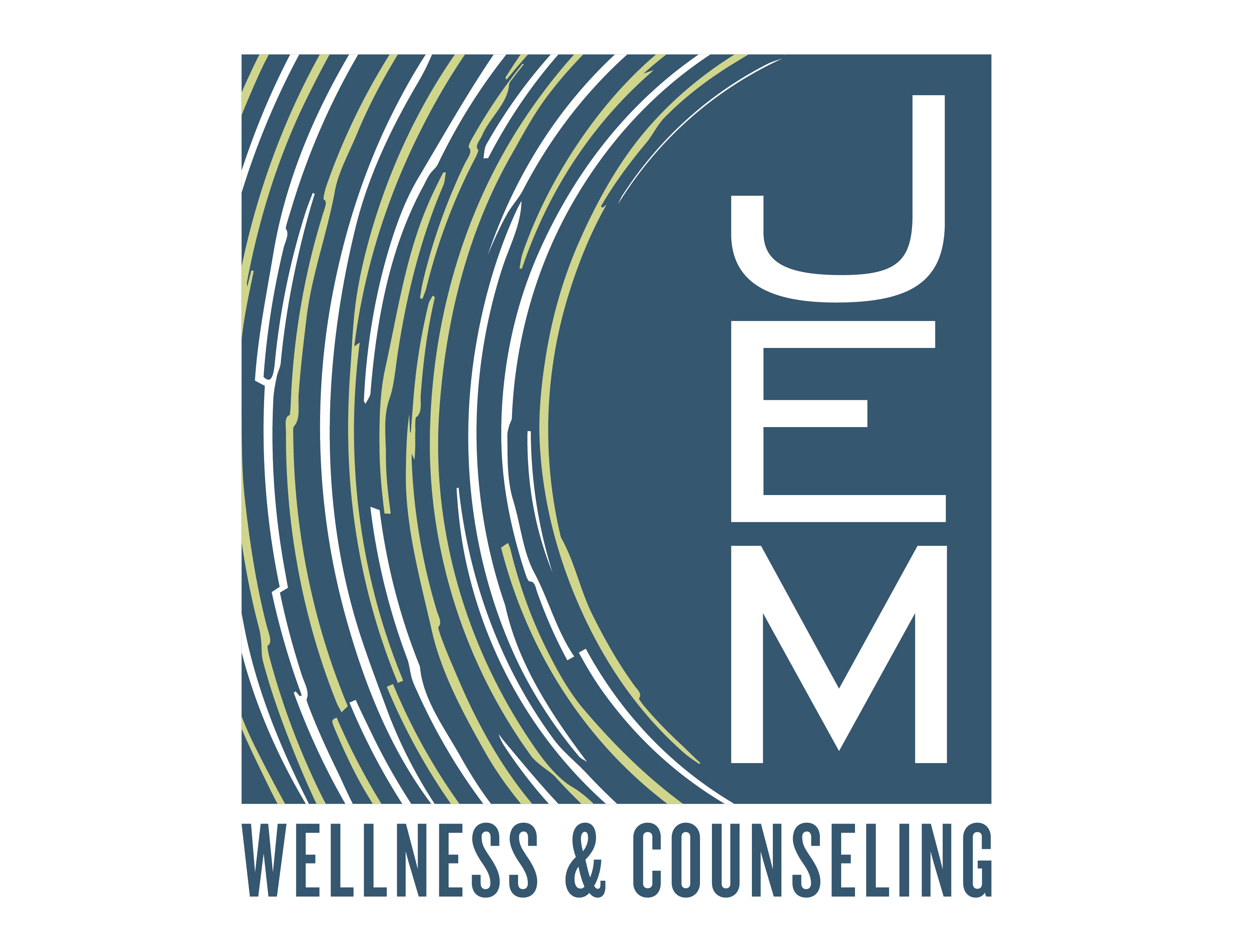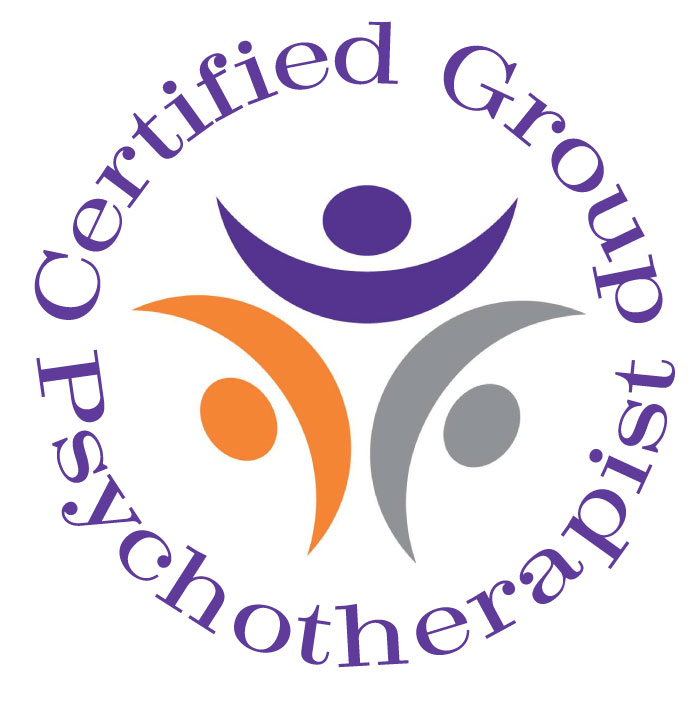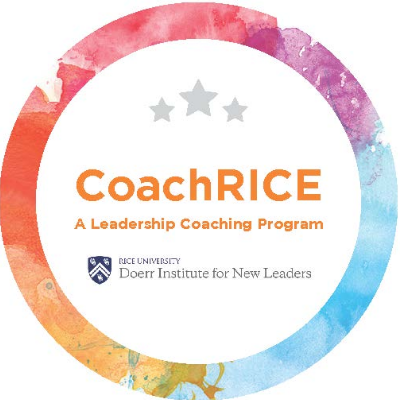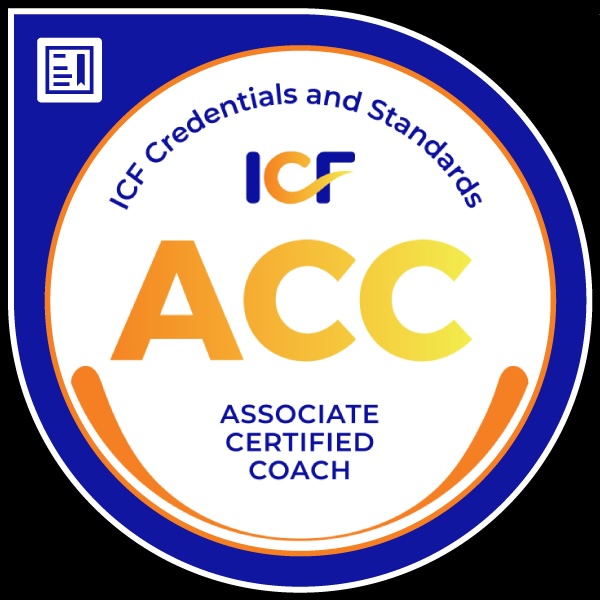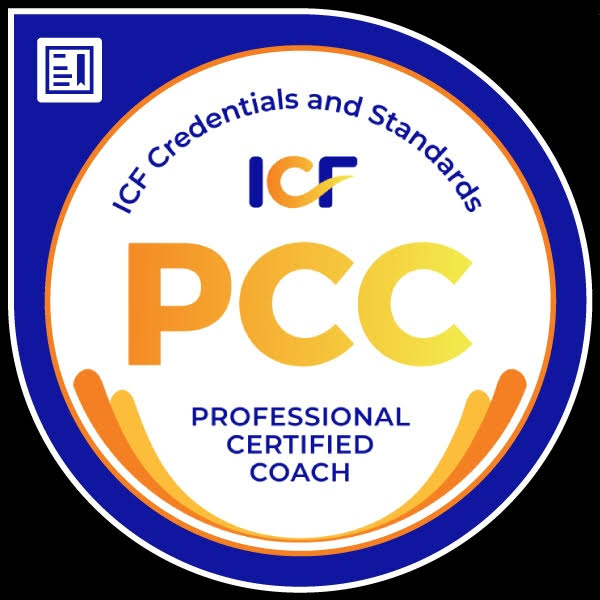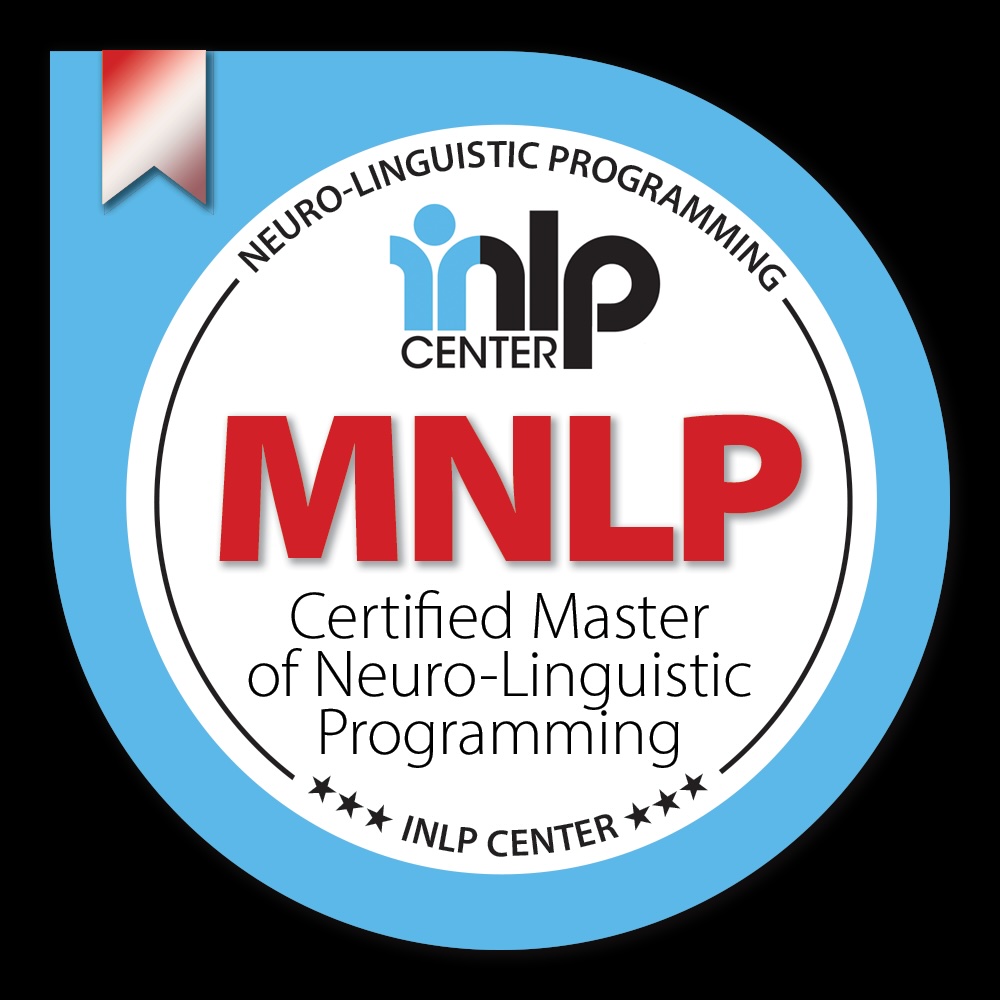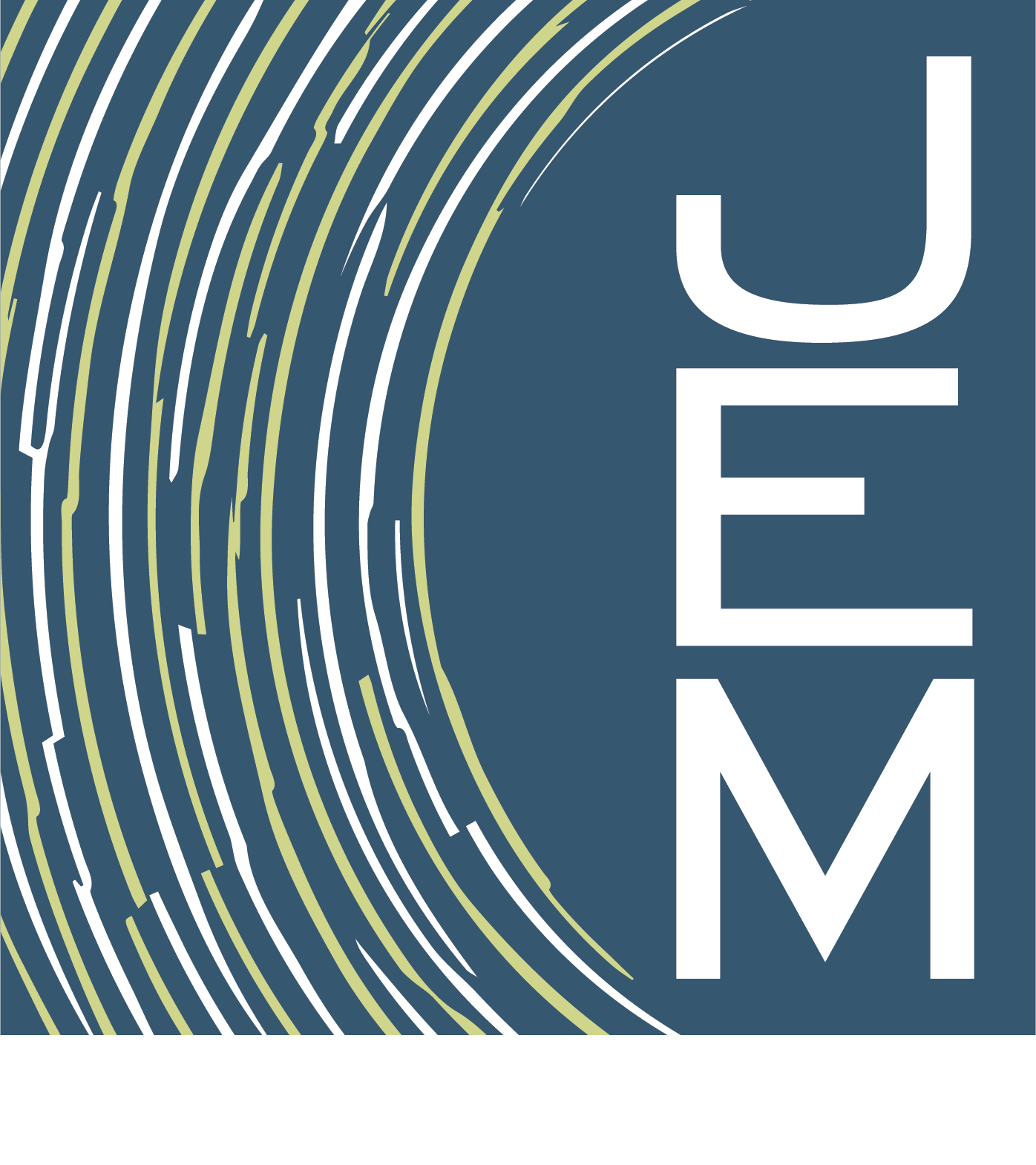The beginning of a new year often brings with it a sense of renewal and the opportunity for self-improvement. We’re all familiar with the ritual: jotting down ambitious goals, promising ourselves that this year will be different, and envisioning a better version of ourselves. For many, this manifests in the form of New Year’s resolutions—goals set with the intention of fostering positive change in various aspects of life. While the prospect of self-improvement is undoubtedly appealing, it’s essential to consider the potential impact that New Year’s resolutions can have on mental health. Here are 5 reasons to trash your New Year’s Resolutions, and continue on your path of restorative goal setting with grace and long-term progress in your heart and mind.
1. Unrealistic Expectations
Let’s face it; we’ve all been guilty of setting resolutions that are a tad too ambitious. Whether it’s vowing to hit the gym seven days a week or completely overhaul our diets overnight, setting unattainable goals sets us up for failure from the start. Instead of aiming for perfection, why not strive for progress? Setting small, achievable goals allows for gradual improvement and ensures that you’re more likely to stick with your resolutions in the long run.
2. Lack of Flexibility
Life is unpredictable, and circumstances can change in an instant. New Year’s resolutions often fail to account for this reality, leading to frustration and giving up when things don’t go according to plan. Rather than adhering rigidly to your list of resolutions, embrace flexibility and be willing to adapt as circumstances evolve. Remember, it’s not about how many times you stumble but how you pick yourself up and keep moving forward.
3. All-or-Nothing Mentality
One of the biggest pitfalls of New Year’s resolutions is the all-or-nothing mentality that accompanies them. Many of us fall into the trap of thinking that if we can’t stick to our resolutions perfectly, then we might as well not bother at all. However, this black-and-white thinking only serves to undermine our progress and diminish our sense of self-worth and self-efficacy. Instead, adopt a growth mindset and recognize that setbacks are a natural part of the journey towards self-improvement.
4. External Pressure
The pressure to make New Year’s resolutions can often come from external sources, such as societal expectations or peer pressure. Forcing yourself to make resolutions for the sake of appeasing others is not likely to lead to meaningful change. Instead, take the time to reflect on what you truly want to achieve and set goals that align with your values, aspirations, availability, and capacity. Realistic personal goals are goals that take yourself and your abilities into account, no one else’s.
5. Focus on Sustainable Habits
Perhaps the most significant drawback of New Year’s resolutions is their focus on short-term goals rather than long-term habits. While it’s tempting to set lofty goals at the beginning of the year, lasting change often comes from implementing small, sustainable habits into our daily lives. Rather than fixating on New Year’s resolutions, focus on building habits that support your overall well-being and happiness throughout the year.
While the New Year can be a great opportunity for self-reflection and goal-setting, it’s essential to approach “resolutions” with a healthy dose of skepticism. Instead of setting unrealistic expectations or succumbing to external pressure, focus on making gradual progress towards sustainable habits that support your long-term growth and happiness.
After all, true change doesn’t happen overnight—it’s a journey that requires patience, persistence, and a willingness to embrace imperfection. So, as you embark on the journey of self-improvement in the new year, remember to be kind to yourself, celebrate your successes, and keep moving forward, one step at a time.
JEM Wellness & Counseling is here to support you toward your goals.
Feel free to reach out anytime by text, email or phone for more information on how our team can help!


How to Start
You may click on the “New Client Consultation” button, call, text or email us. We will respond to you within 24 hours to have a free 10-15 minute phone consultation. This will help us determine if we are the best fit to support you toward your goals. If we are, we will schedule your initial assessment and begin your wellness passage.
